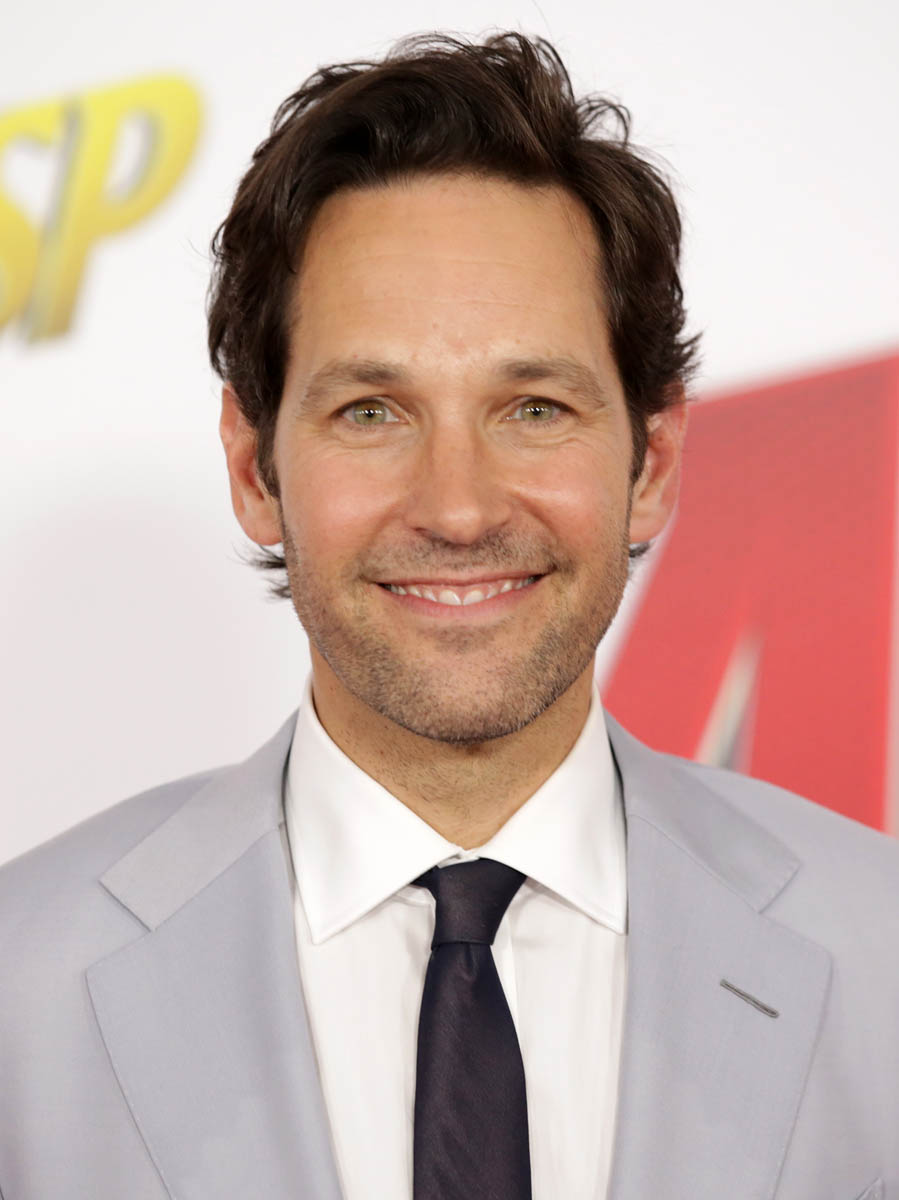Scarlett Johansson doubles down



Deadline reported yesterday that Scarlett Johansson and Rupert Sanders are working together again on a film called Rub & Tug, based on the real life story of Dante “Tex” Gill. As The Verge pointed out, “all of the major trades, however, managed to misgender Gill, despite the fact that he was, by his own account transgender”. You’ll recall, the last time Rupert directed Scarjo it was for The Ghost in the Shell based on a Japanese manga series featuring Japanese characters. Scarlett Johansson is not Japanese. She is also not trans. So the criticism came quick.
Scarlett Johansson is playing a trans man in her next movie because her ultimate career goal is to take an acting job from a member of each and every marginalized group.— Faith Choyce (@faithchoyce) July 3, 2018
Per Tim Mulkerin at Mic here is an expanded explanation of that tweet:
The argument goes, essentially, that trans people face increased rates of violence, discrimination, poverty and mental health — and, largely speaking, cisgender people tell their stories on their behalf. They garner awards and nominations in the process, rather than actually allowing trans actors and filmmakers to tell their own stories. (An exception to this is something like the TV show Pose, which makes great efforts to fill its cast and crew with trans people.)
Scarlett Johansson, as you know, isn’t exactly lacking for opportunity in Hollywood. Taking this particular role then, well, that’s the first problem. The second problem is how she responded.
When asked for comment on the reaction to her new film, Johansson's rep provided this comment on Rub & Tug to Bustle from the actor herself: "Tell them that they can be directed to Jeffrey Tambor, Jared Leto, and Felicity Huffman's reps for comment."
So instead of addressing the situation directly, she’s redirecting the question – in her mind, right now, the question isn’t why she’s playing a trans character, it’s “why are you mad at me and singling me out when Jeffrey Tambor, Jared Leto, and Felicity Huffman done it before me?” And in doing so, she’s entirely missed the point and reinforced the point that the critics are making: she is centering the conversation around HER instead of on the community that is being represented – and underrepresented – in this film. THAT is where the pain comes from. For too long, trans people have either been abused or ignored. When their stories are finally told, they are eliminated from the process. Scarjo, in defending herself, is putting herself in the spotlight – as a victim of unfair attention and criticism – and not taking the time to consider the hurt that may be experienced by those who are being ignored.
As for the Jeffrey Tambor, Jared Leto, and Felicity Huffman examples – there was a lot to be learned from those situations for sure, just as there was in all the whitewashing situations that came before Ghost in the Shell. Which is an added layer of frustration here where Scarjo is concerned. She’s been here before. And people are allowed to make mistakes. So many of us (hand up way, way, up here) have been programmed poorly and have so much ground to cover as we try to be better, get better. People are allowed to not know and then be made aware and then to re-pivot. We should all be given that grace because so few of us are perfect. The grace is less available though when it doesn’t seem like it’s been appreciated. Did Scarjo listen last time? If she was listening, what did she learn?

